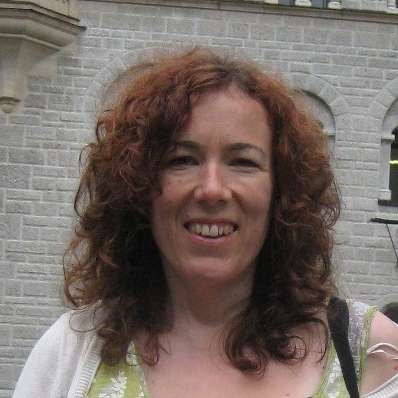The story of Boris Godunov covers a pivotal corner of Russian history, as the country disintegrated into anarchy after the death of Tsar Ivan the Terrible. Stephen Wadsworth’s 2010 production of Mussorgsky’s opera deftly mixes the sense of grand historical scale with a focus on the very human characters at the heart of the drama, particularly Boris himself. Mussorgsky based his opera on the blank-verse play by Alexander Pushkin, who in turn looked to Shakespeare’s historical dramas for inspirations, and in this production, René Pape’s intense portrayal of Boris’ doubts and torment stands on a par with the great Shakespearean performances.
This 2010 production had a rocky moment when, five weeks before the opening night, director Peter Stein had to withdraw. For an opera on the scale of Boris Godunov, with its immense cast and with the added complication of several versions and orchestrations to work with, inheriting someone else’s production at this stage must have been tough; naturally the sets (by Ferdinand Wögerbauer) and Moidele Bickel’s sumptuous costumes were already in place, and it’s a tribute to all involved the production that the end result is coherent and strong. The sets are clean and simple, and a giant history book provides a clever symbolic prop, as it is written on, trampled on and ultimately ripped to shreds.
There are strong performances all round from a mostly Russian cast. Mezzo Ekaterina Semenchuk is a devilish Marina, and the chemistry between Semenchuk and Aleksandrs Antonenko, who plays her partner-in-crime, pretender to the throne Grigory Otrepiev, is sizzling. Jennifer Zeltan and Jonathan Makepeace give moving performances as Boris’ children, particularly in his death scene, although Makepeace’s treble voice is pushed to its limits. Towering over it all is René Pape, who sings and acts with extraordinary commitment, his powerful voice conveying every nuance of Boris’ emotions.
The people of Russia play a crucial part in Mussorgsky’s opera, particularly in this production, which reintroduces a peasant scene from the discarded 1869 version of the opera, and the Metropolitan Opera Chorus look and sound magnificent throughout. This production also returns to Mussorgsky’s original orchestration for the opera; Valery Gergiev brings out all the details of the sparse scoring, so that the instrumental colour highlights the massive vocal sound coming from the stage.
The reintroduction of the peasant scene mentioned above is particularly useful in that it gives deeper understanding of the role of the Holy Fool, who alone can speak the truth to Boris and makes his appearance at the end of the opera all the more powerful. This scene ends with the Fool symbolically wrapping himself in the pages of the giant history book as he sings “Flow bitter tears”. This aria then returns to close the opera after a truly shocking picture of violence as the peasants rise up in revolt. Andrey Popov creates a pitiful figure, stumbling amongst the bodies, a picture of pathetic derangement in the midst of terrible chaos, and as darkness falls his emotional performance of this sublimely beautiful aria, backed by Gergiev’s exquisite handling of the orchestra, is poignant and haunting, as the unstoppable river of Russia’s tragic history rolls ever onwards.


